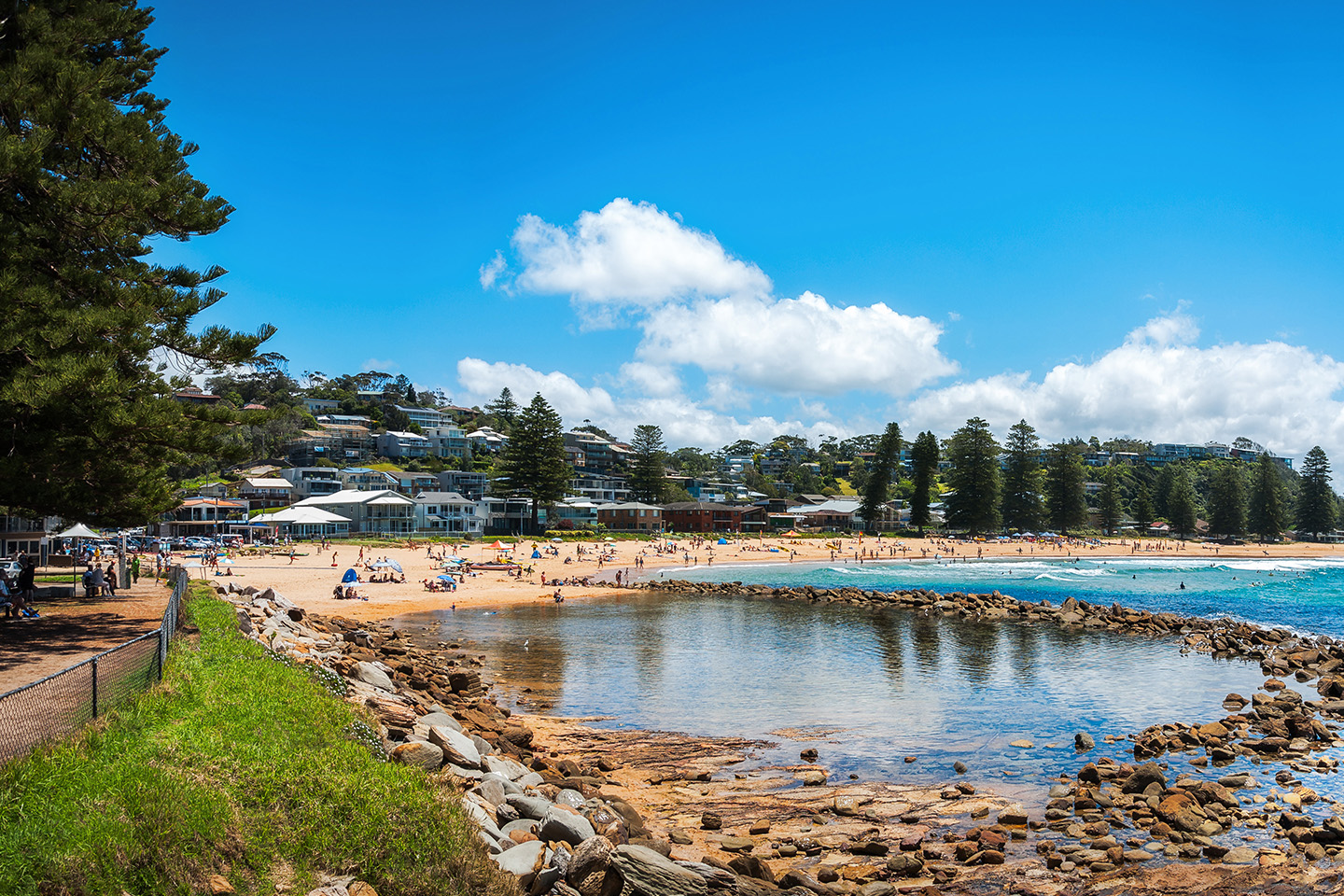Three traps to avoid for first-time holiday home investors
With international travel plans on ice for the foreseeable future, have you contemplated grabbing your own slice of Australian paradise with a classic beach pad or rural retreat?
It's a nice thought isn't it? Having your own special spot to kick back, relax and make lifelong memories in is the stuff of dreams for many Aussies.
But does it make good financial sense?
Categorise the investment as a 'holiday home', and even more doubt is cast over its financial productiveness.
According to Director of Tax Communications, Mark Chapman, from H&R Block, it is possible to buy a holiday home and prosper financially, provided you're ready to tackle these three holiday home hitches.
Trap one: The 'not even close' number crunch
One of the rookie mistakes for first-time holiday homeowners is not having a good grip on what their financial situation will really look like with an investment property to manage.
For some, the financial fallout comes from underestimating the ongoing costs of running and maintaining the property. With council rates, utilities, cleaners, gardeners and insurance to manage, it can quickly feel like more bills are rolling in than rental cash.
The second most common shortfall is overestimating demand for your property. Most holiday hotspots will experience seasonal fluctuations, and the low season can leave a yawning gap in income that can soon put you in the red.
THE FIX?
Do your homework up front by speaking to other holiday homeowners in the areas you think you might like to invest. They will be able to tell you what to expect in terms of ongoing costs, occupancy rates and average rental prices so your budget breakdown will be as accurate as possible.
Make sure you look at places which will attract visitors. Think ocean views, walking distance to town, restaurants and cafes. Just because you might love that quiet little remote spot, its location may make it harder to attract year-round guests when you aren't using it.
This is particularly important come tax time, says Mark, "The property needs to be seen as genuinely available for rent, so the location, condition of the property, or accessibility to the property will all come under scrutiny, should the ATO decide these factors have deterred tenants from seeking to rent it."
You will need to convince them it is an investment property and not a personal holiday home come tax time.
If you don't know any holiday homeowners in the areas you're looking into, joining a Facebook group can be a great way to ask questions and chat to likeminded people who have gone before you. A good one to start with is Property Talk Australia.
Trap two: Negatively geared property
The dream with a holiday home is that you get the benefit of using it when you want to, and guests pay for the mortgage and upkeep of the property. Many holiday homeowners will find that their property falls short in this regard, leaving them with a negatively geared investment. However, depending on your financial situation, this could be exactly what you are after.
THE FIX?
"A negatively geared property means you've made a loss on your rental property. Tax law allows you to offset that loss against your other income in the year," says Mark.
You will still need to consider if your rental income is less than your mortgage, how you will cover the gap, property management, cleaning and upkeep fees.
Trap three: Tax time
The final hitch to making a holiday home deliver for you financially is committing to make every dollar work hard and embracing the admin side of holiday life.
While most holiday homeowners don't dream of being beachside bookkeepers, that's exactly what you'll need to do to stay on top of your home's earning potential. As the tax man will need a lot of proof that this is an investment property and not just a holiday home.
This means keeping track of when the property is used by you (private-use days) and when the property is available for rent (income-earning days), as well as receipts for items or services needed to rent the property out.
THE FIX?
There are clear rules about when and what you can claim at tax time for your holiday property, depending on how often you used it for personal use. Therefore, it's well worthwhile finding a good accountant to help maximise your returns each year.
"Remember, any expenses you claim against your property can only relate to periods the property was rented out on the open market," shares Mark.
"You can't claim deductions for periods the property was used personally or by family and friends who didn't pay rent," he continues.
"One thing people may not realise is that the ATO now has access to numerous sources of third party data, including access to popular rental listing sites for both long term and holiday rentals. Therefore, it is relatively easy for them to establish whether a claim that a property was 'available for rent' is correct," says Mark.
Click here for a quick guide on the tax implications of owning a holiday home.
The opinions expressed in this article are the opinions of the author(s) and not necessarily those of State Custodians. The above is general commentary only and is not advice tailored to any individual's financial situation. We recommend seeking advice from an insurance or finance professional before implementing changes relating to your finances.



 Login
Login
